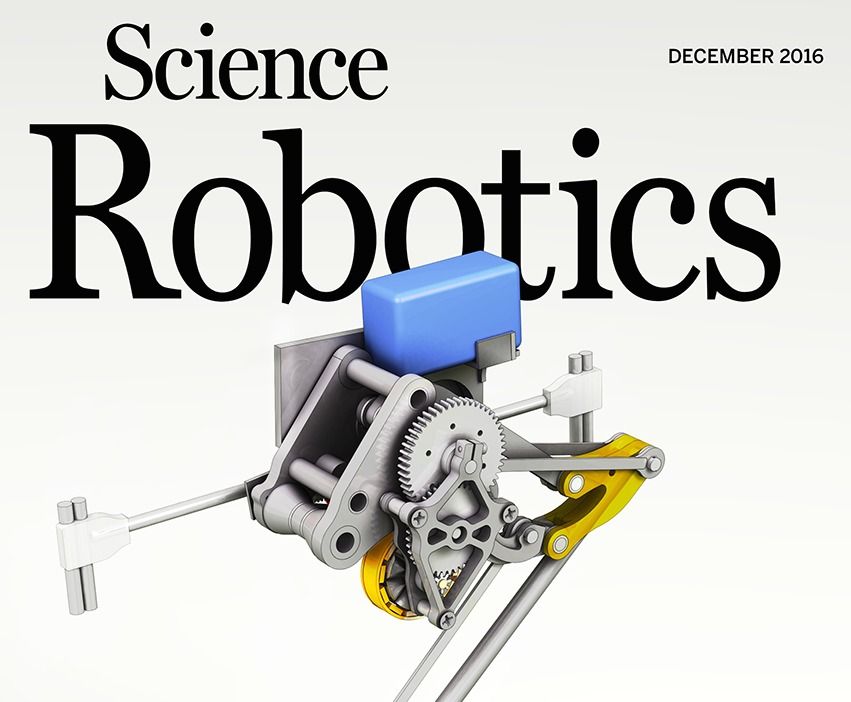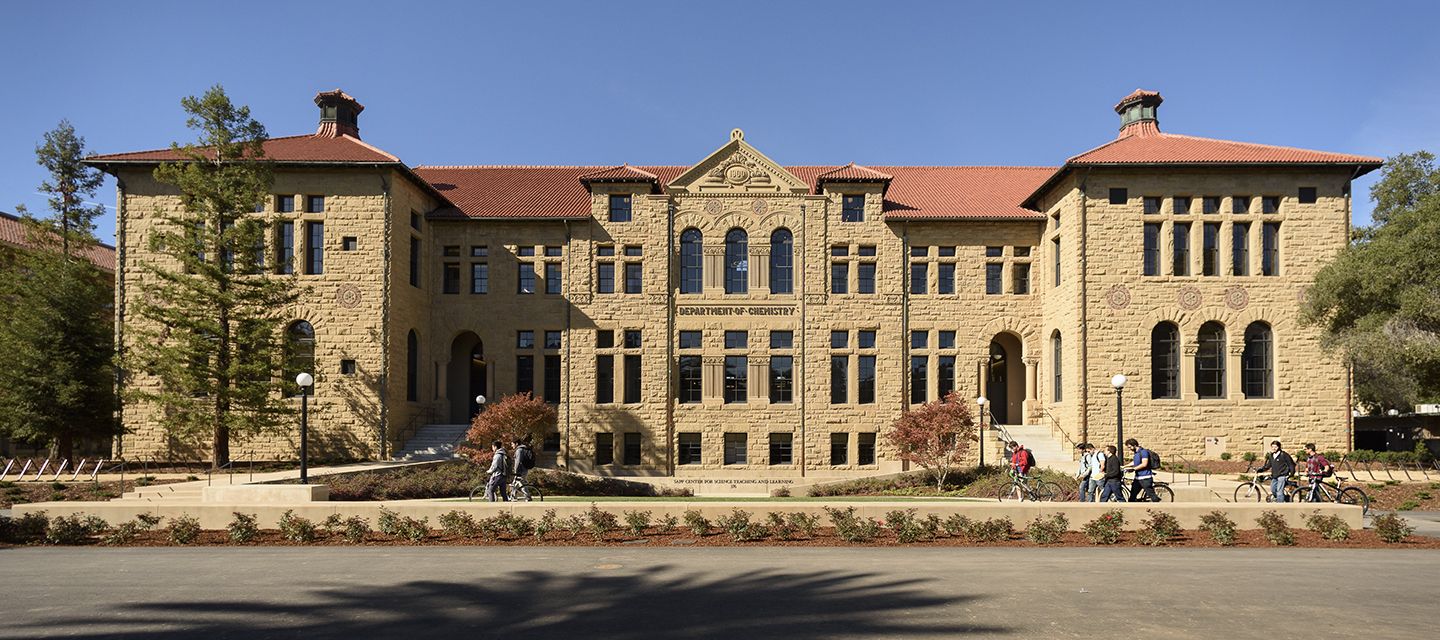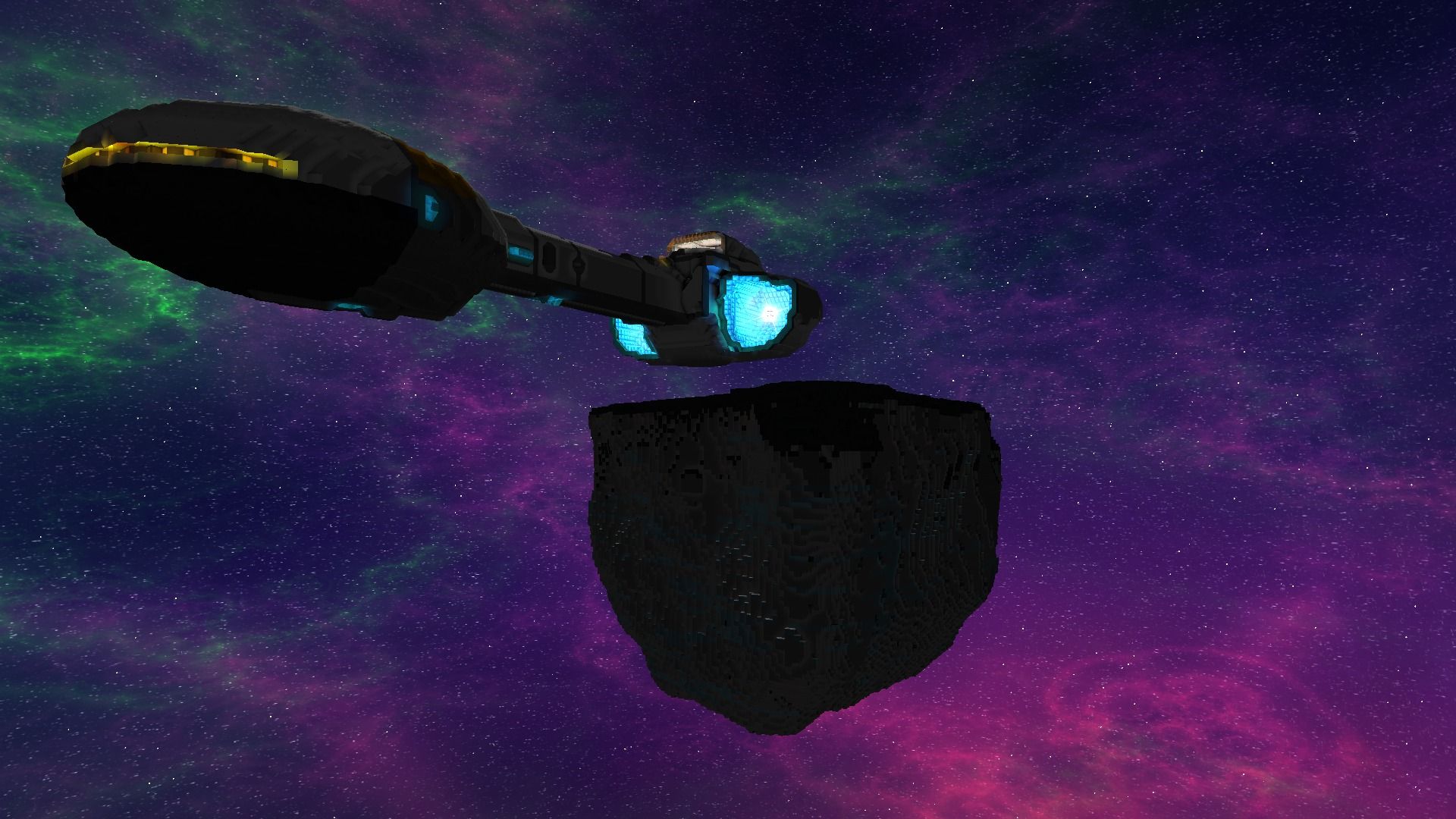Dec 6, 2016
New journal Science Robotics is established to chronicle the rise of the robots
Posted by Shane Hinshaw in categories: robotics/AI, science
Robots have been a major focus in the technology world for decades and decades, but they and basic science, and for that matter everyday life, have largely been non-overlapping magisteria. That’s changed over the last few years, as robotics and every other field have come to inform and improve each other, and robots have begun to infiltrate and affect our lives in countless ways. So the only surprise in the news that the prestigious journal group Science has established a discrete Robotics imprint is that they didn’t do it earlier.
Editor Guang-Zhong Yang and president of the National Academy of Sciences Marcia McNutt introduce the journal:
In a mere 50 years, robots have gone from being a topic of science fiction to becoming an integral part of modern society. They now are ubiquitous on factory floors, build complex deep-sea installations, explore icy worlds beyond the reach of humans, and assist in precision surgeries… With this growth, the research community that is engaged in robotics has expanded globally. To help meet the need to communicate discoveries across all domains of robotics research, we are proud to announce that Science Robotics is open for submissions.
Continue reading “New journal Science Robotics is established to chronicle the rise of the robots” »
















